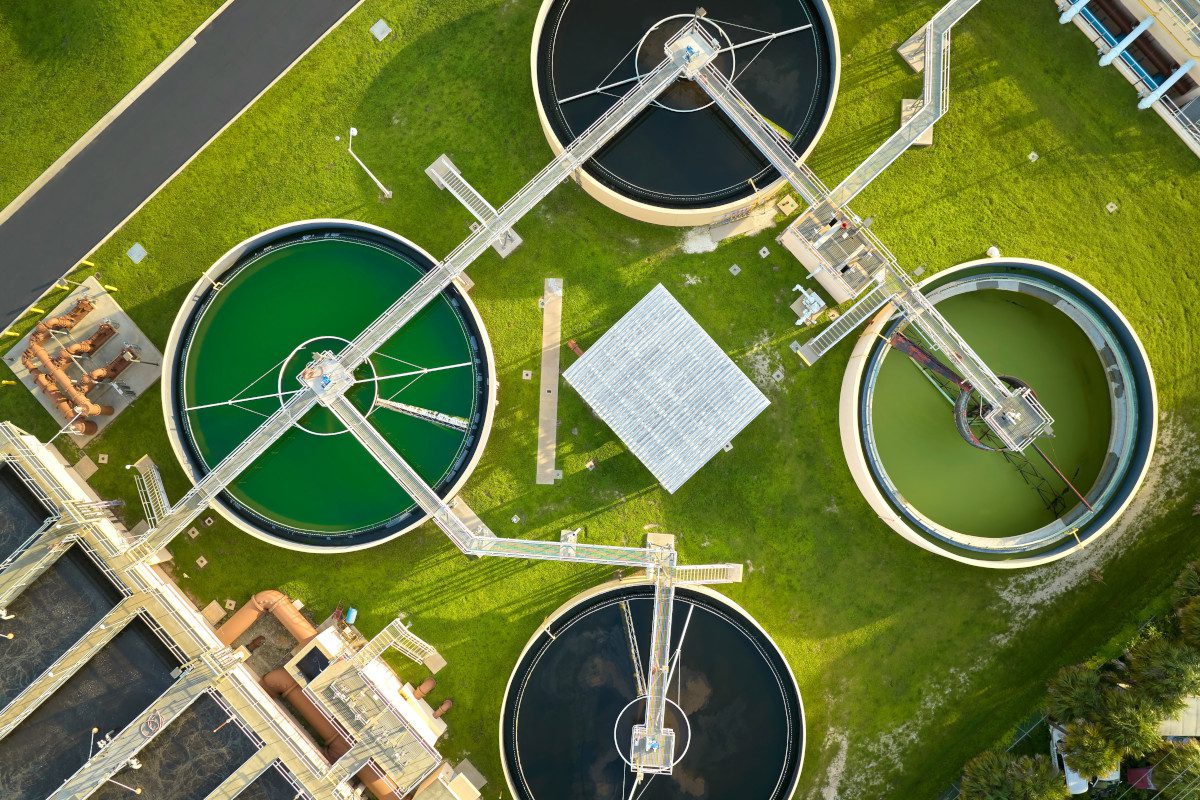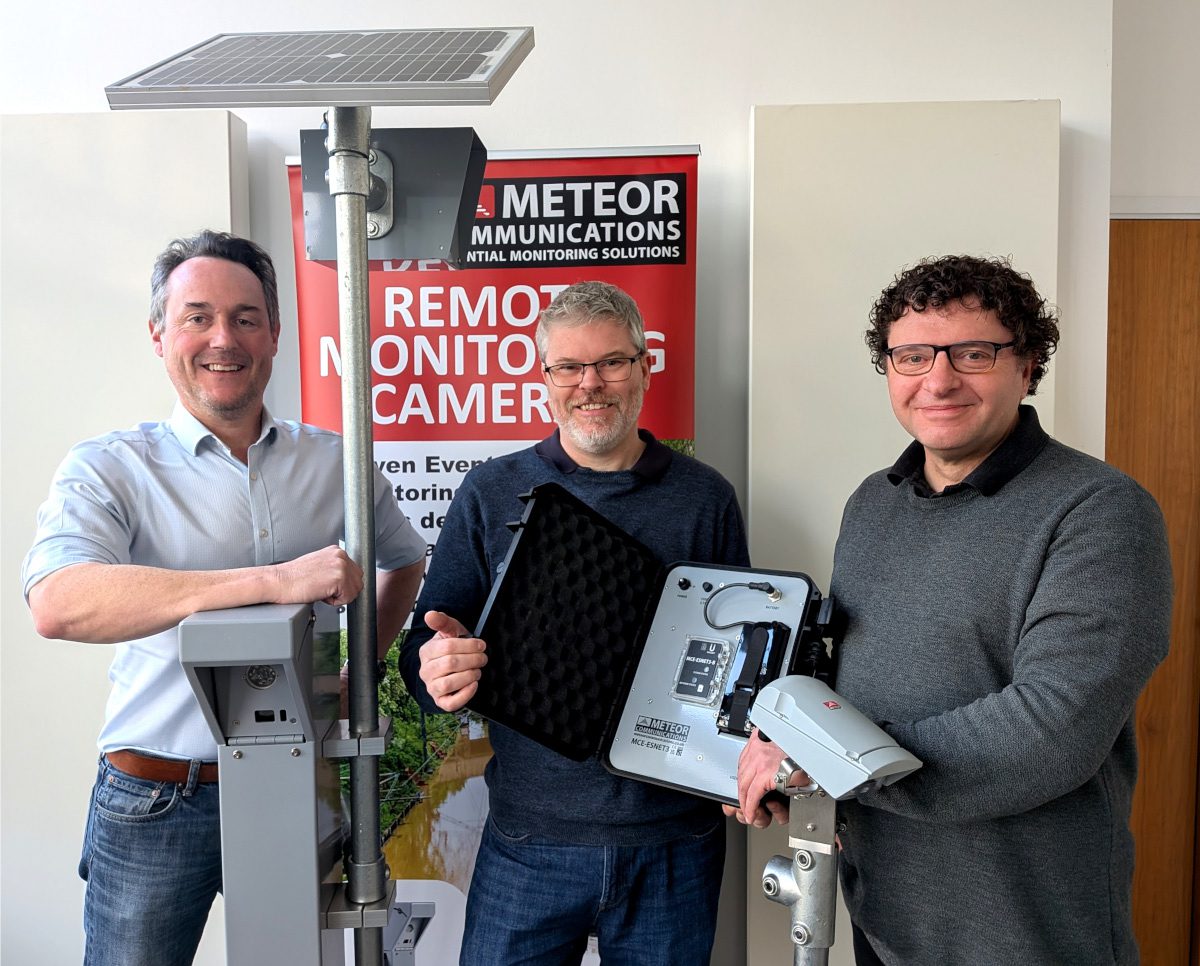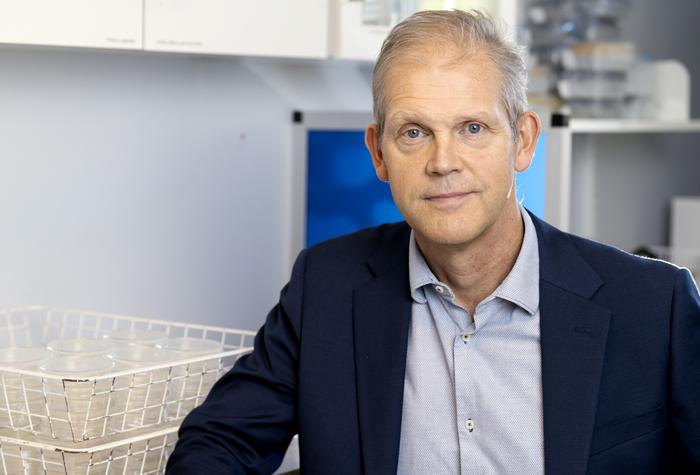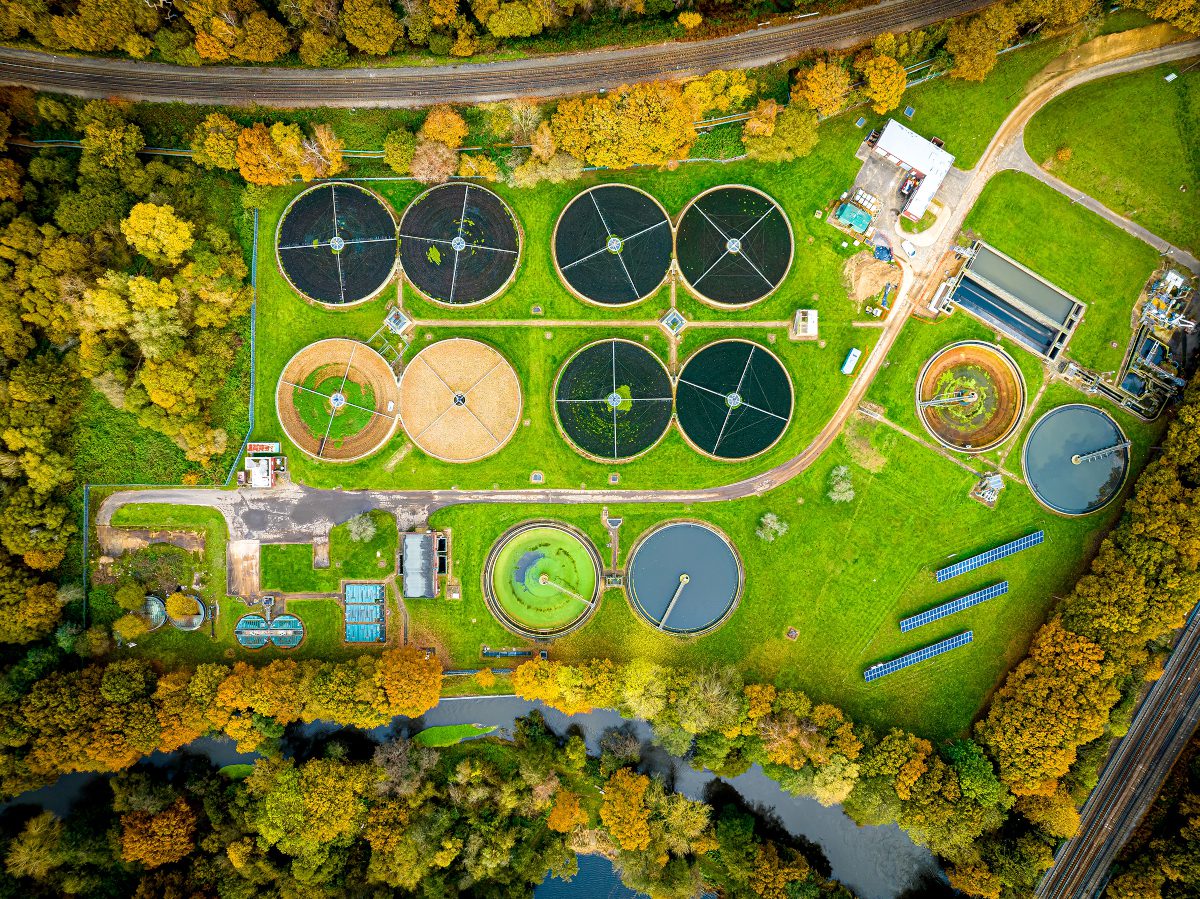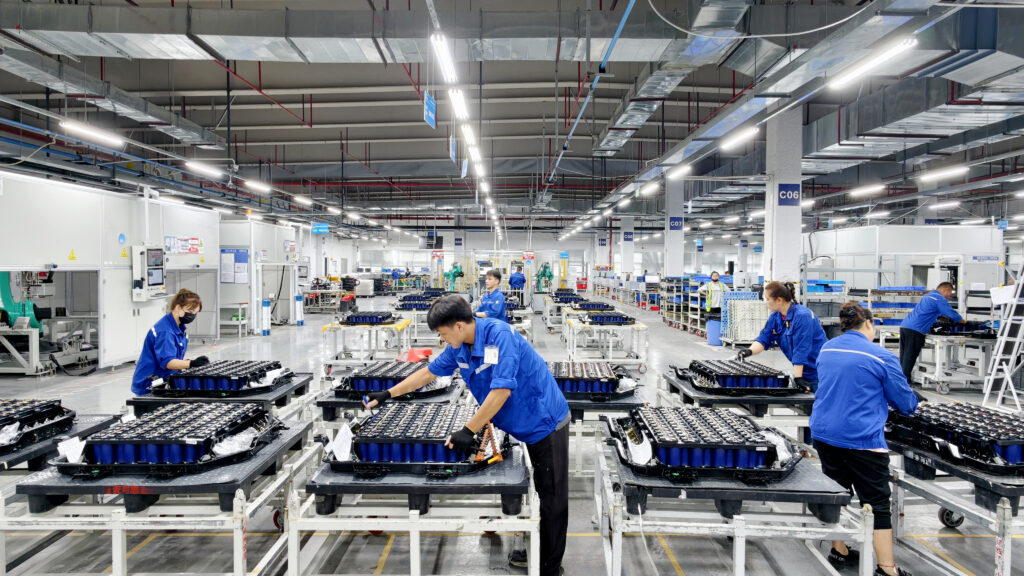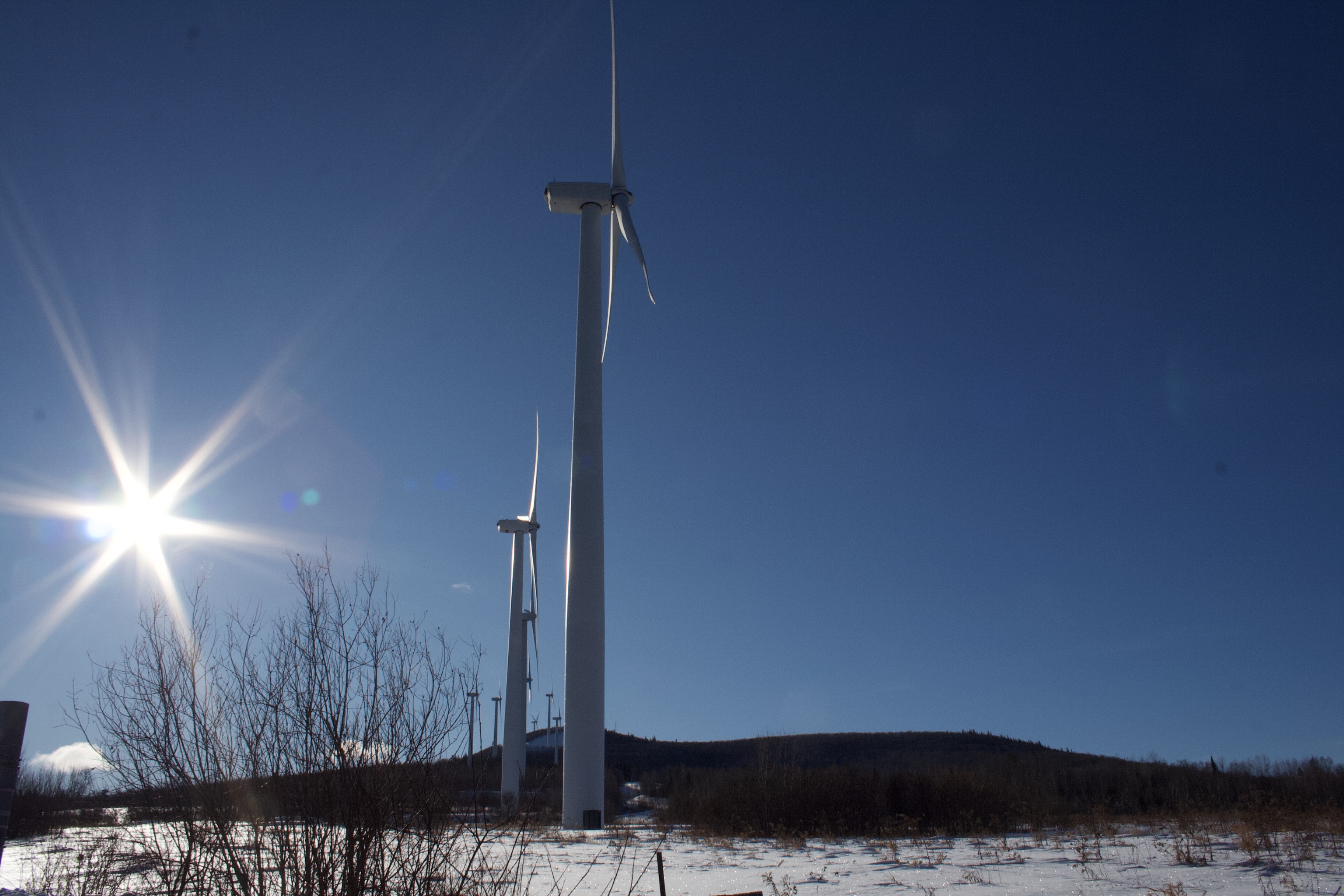A product for the removal of micro-pollutants from wastewater is the Overall Winner of the Aquatech Innovation Award 2025.
Aurea from consulting engineers Royal HaskoningDHV was developed in the Netherlands, and its selection for this award followed an independent review led by jury chairman Professor Cees Buisman, Scientific Director of Wetsus, a European centre of excellence for sustainable water technology.
As the organizers explain: “The Aquatech Innovation Award recognises world-class innovations and technologies that have the potential to disrupt the global water market. Acknowledging these innovations and the latest technological developments, this year’s awards received a high level of entries.”
Aurea was developed in collaboration with Wageningen University to sustainably remove micro-pollutants from water in wastewater treatment plants, drinking water production sites, and industrial wastewater treatment plants. It is said to combine the best properties of biological activated carbon filtration and oxidative treatment, meeting the objectives of the European Urban Wastewater Treatment Directive (UWWTD).
This allows it to remove a wide range of organic micro-pollutants, using lower energy and resource consumption when compared to reference technologies, resulting in low CO2 footprint and operational expenses, according to Aquatech. Aurea achieves high chemical and biological water quality.
Chemical and medicinal residues remaining in wastewater and returned to nature can have a significant negative impact on biodiversity. The UWWTD has put wastewater treatment plants at the forefront of removing these chemicals and so the challenge is to find a way to do this in the most efficient and natural way possible.
Jury chairman Professor Cees Buisman said: “What you want with biological sewer treatment is that the process is as close to being natural as possible, because the water will be returned to nature. What impressed the jury was that Aurea aims to meet these goals.”
He added: “The pilot uses activated carbon, which is constantly regenerated by the biomass. Then a little bit of ozone is added to avoid the formation of bromates. This is as close to a natural process as possible and using activated carbon and ozone in a responsible and smart way.”
He concluded: “It has the potential to be a billion-dollar market and Aurea fits into this very important challenge for European society.”
Judging for this year’s awards was based on originality, practicality and sustainability. A common theme among entries was a focus on energy-efficiency and sustainability, particularly around PFAS concentration and destruction.
Buisman added: “Being part of Innovation Awards has always been pleasure. Our water technology community never stops surprising me with its ability to come up with new innovations, whether they are small improvements or even sometimes big steps.”
“It’s a positive sign that innovation and invention continue in the water industry, with many of the entries positively surprising the experienced jury.”
One of the increasing trends witnessed by the jury this year was Per- and polyfluoroalkyl substances (PFAS), and specifically new innovations to reduce the energy needed to destroy them.



